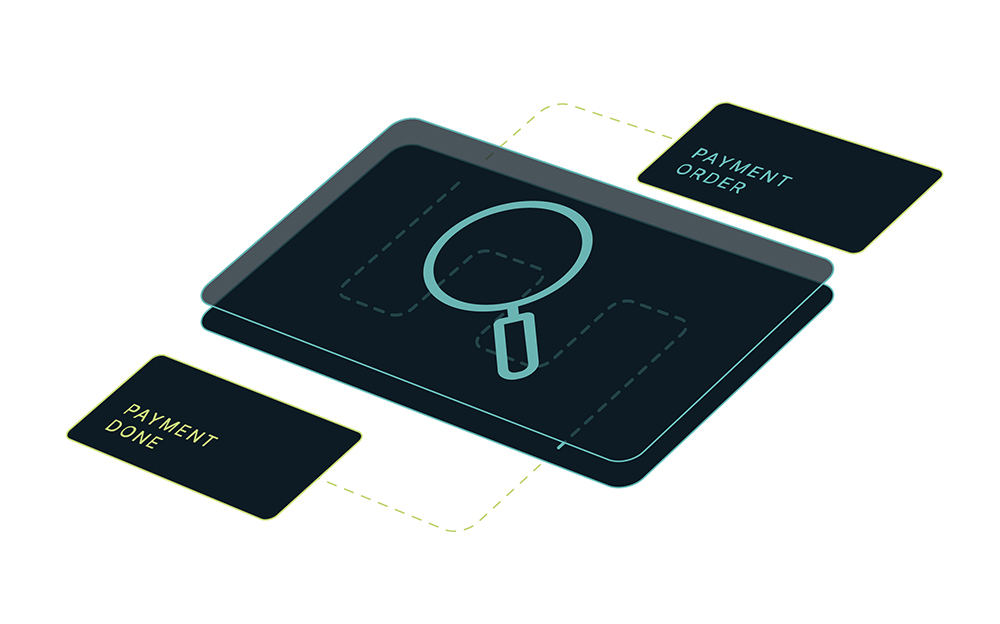If 2020 has taught many companies anything, it’s that the old playbook no longer works. Leading up to this year, consumers were continuously demanding a more personalized user experience in their lives.
Then, this winter, the pandemic sent these forces into overdrive. Almost overnight, business owners had to embrace digital-only interactions as social distancing requirements forced the closure of their physical stores and workspaces.
If it wasn’t clear before, it is now: companies of all sizes can no longer ignore the call of digital transformation. Indeed, failing to listen means losing out to competitors, both old and new, as the previous way of doing business is firmly obsolete.

Why companies must master consumer data to conquer digital transformation
Digital transformation’s mission is simple: take antiquated, often-manual processes and replace them with data-driven, automated ones. In turn, companies can move fast and provide better UX both internally and for customers.
For many companies, digital transformation is long overdue. Years of mergers, overengineering, and an over-reliance on ancient and legacy technologies have left them ill-equipped to meet consumers’ changing demands. While some industries respond quickly to these shifts, others have lagged.
For example, financial institutions are some of the biggest creators of data. Each time a customer makes a transaction, data gets recorded into their databases. With cards and apps quickly becoming the preferred payment method, this volume will continue to grow exponentially, painting a vivid picture of each customer.
However, digital transformation isn’t only about generating petabytes of financial data. Real change comes from leveraging the information for new insights, actions, and processes.
Banks must tap into their data treasure trove. Doing this will enable this static information to become a catalyst for incredible changes – ones that speak directly to each customer, boost profitability, and build valuable brand-loyalty.
How data & digital transformation creates customer-centric business
Building meaningful user experiences is crucial for any business wanting to stay relevant in the coming decade. Through data-powered digital transformation, reaching this objective becomes easily obtainable.
Best practices say that organizations should deploy algorithms across their databases to look for patterns in each customer’s habits, including where and when they shop, along with how they make their purchases and the reliability of their income streams.
From there, they can understand user behaviors that let them build detailed buyer personas. With this information, marketing and product teams can create more customized user experiences and offer products better to fit each customer’s profiles.
Most good organizations today understand this process. Great ones though take their KYC quest even further. Consumers are generally brand-agnostic in our current world, preferring to shop around for the best products suited to their needs. As a result, companies wanting to go from good to great cannot rely solely on internal data to know their customers.
To overcome this barrier, market-leaders turn to Open Banking to fill in their knowledge gaps. These firms are the ones that reap the most benefits of digital transformation since they can say with confidence that they know their customer.
Using a combination of account aggregation and advanced indicators, the best businesses can paint a vivid, holistic picture of each customer’s finances. From here, these market leaders anticipate each user’s financial needs, quickly matching them with loans, insurance plans, and other financial products best suited to their current needs.
Better growth by knowing users from their data and digital transformation
Data-powered digital transformation combined with Open Banking can fundamentally change a business’s market share and value proposition. Of course, they must take an agile, silicon-valley approach to quickly building products for these changes to happen.
Thanks to years of mergers and administrative creep, many firms struggle with this change, making it challenging to fully embrace digital transformation. Working with a licensed Open Banking provider can help loosen these constraints, allowing a company to build less like a slow-moving conglomerate and more like a startup.
To that end, financial data is one of the best tools available. Yet, Like all instruments, its effectiveness depends on those who master its use. A company can conquer its digital transformation and its market share by wholly embracing this data and Open Banking. As the world becomes more uncertain, data will be the differentiator for businesses from here on out.









